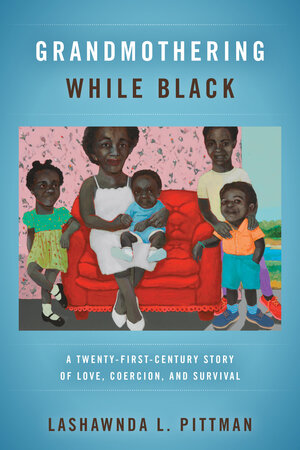
Migrant workers and global vaccine inequality
July 28, 2021
Población migrante y desigualdad en el acceso a vacunas contra Covid-19 en América Latina
August 16, 2021By Nell Lake
August 11, 2021
On August 9th, the Senate passed legislation to improve “traditional” U.S. infrastructure, allocating $1 trillion for bridges, roads, broadband, and lead-pipe fixes. With this legislative hurdle behind them, Democrats have renewed their push for expanded “care infrastructure” and social-welfare policy, including:
- expansions to Medicare to include dental, hearing and vision benefits, and possibly lowering the eligibility age;
- new funding for in-home long-term care; and
- universal pre-kindergarten.
This new care-oriented legislative agenda has spurred journalists to increase their coverage of care issues in general. We focus here on news and coverage of childcare and child-support policy:
-
- A flurry of media coverage of childcare occurred on and around July 15, when the IRS sent out the first of six expanded monthly Child Tax Credit payments for 2021. The Biden administration calls these “advance” payments: In previous years, families could not take advantage of the Child Tax Credit until tax-filing time the following year. (This time around, families can apply the first half of 2021’s credit at tax time in 2022.)
- The advance payments were part of the American Rescue Plan’s $225 billion allocation for childcare/child support. Congress had passed the bill in March. Eligible families will receive expanded benefits — up to $300 a month per child under age 6 and $250 for kids 6 to 18 years old.
- The ARP also provided a historic increase in the Child Care and Development Block Grant (CCDBG) program.
- For an excellent overview of this moment in childcare policy, and its history, listen to a March 2021 on Marketplace interview with Carework Network member Sonya Michel, professor emerita, University of MD.
- Political struggle continues over federal childcare policy, as well as the possibility of making the ARP child-support payments long-term. In interviews, Treasury Secretary Janet Yellen called for making the ARP payments permanent.
- Republicans have relied on familiar themes of “personal responsibility” and “freedom to choose” to oppose universal childcare / pre-kindergarten. Sen. Marsha Blackburn (R-TN) warned against “incentiviz[ing] women to rely on the federal government to organize their lives.” Sen. Richard Burr (R-NC) called for expanding the CCDBG program rather than a federal childcare program because “for [Democrats], this isn’t just about child care; it’s about making your child care decisions for you.”
- Meanwhile Yellen told journalists that the IRS was “making tremendous efforts” to ensure that poor families — who may not have filed a recent tax return and therefore may be outside of the IRS system — receive their Child Tax Credit payments. We’ve seen coverage of this important issue continue more recently, in part because of a report on the issue from the Center on Budget and Policy Priorities.
- A revealing Washington Post piece highlighted the Covid-era trials of poor families, particularly women — and the limitations of ARP relief — by following one low-income woman’s interconnected struggles with childcare, high-risk pregnancy, healthcare, job demands, and the threat of eviction.
- There has been an uptick in media coverage of childcare in general:
- The PBS Newshour aired a weeklong series on “America’s childcare dilemma,” including segments on: public v. private solutions; a program that combines job training with childcare benefits; a small town’s integration of childcare into the public-school system; childcare in the U.S. military; and whether the U.S. will ever pass national childcare policy.
- And the media also saw these recent childcare developments as newsworthy:
-
- McDonald’s began offering childcare benefits to its eligible employees.
- An Olympic athlete, along with apparel company Athleta, offered her fellow athletes $10,000 each in childcare support .
- And a Boston-area woman started a pandemic-inspired childcare business aligned with the structures of the gig economy.


